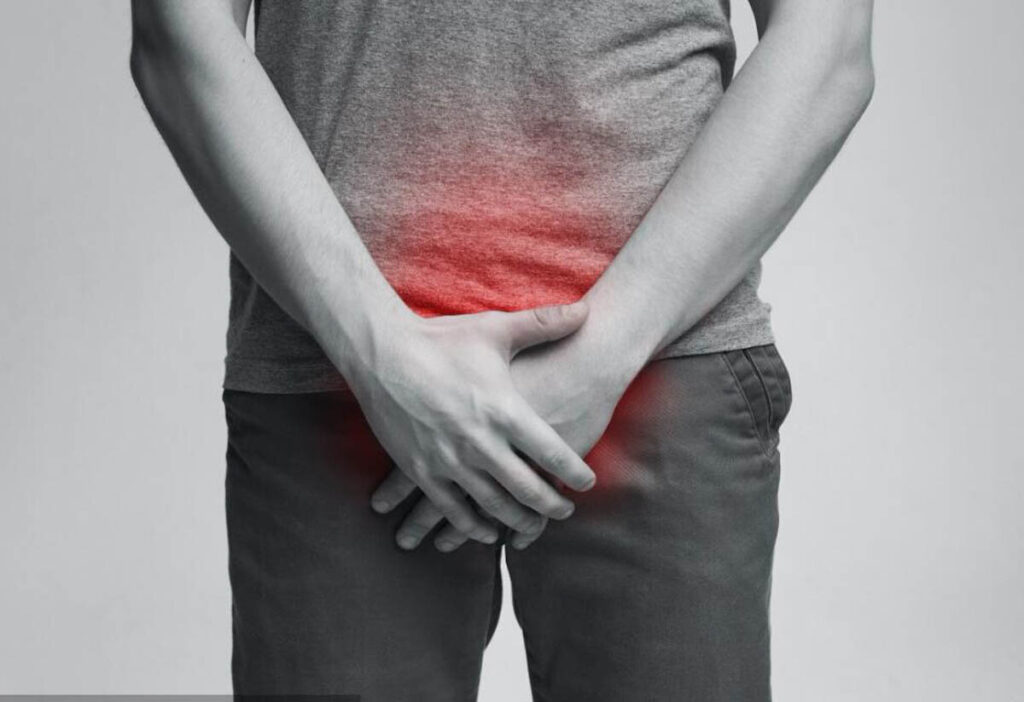
Introduction
Urology is a branch of medicine that deals with the diagnosis and treatment of disorders related to the urinary tract system in both males and females. Urological problems can range from minor inconveniences to serious health issues, and they affect millions of people worldwide. In this blog, we will discuss some common urological problems and how to manage them effectively.
Urinary Tract Infections (UTIs)
Urinary tract infections are among the most prevalent urological problems. They occur when bacteria enter the urinary tract, causing symptoms such as frequent urination, pain or burning during urination, and cloudy or bloody urine. To manage UTIs:
- Stay hydrated: Drink plenty of water to flush out bacteria from your urinary tract.
- Antibiotics: A healthcare professional may prescribe antibiotics to treat the infection.
- Urinate regularly: Don’t hold in urine for extended periods; empty your bladder when you feel the urge.
- Practice good hygiene: Properly clean the genital area to prevent the spread of bacteria.
Kidney Stones
Kidney stones are hard deposits of minerals and salts that form in the kidneys and can be extremely painful. To manage kidney stones:
- Hydration: Drinking enough water can help prevent the formation of kidney stones.
- Medication: Depending on the type of stone, your doctor may prescribe medication to help pass the stone or prevent its growth.
- Surgical intervention: In some cases, surgery may be necessary to remove larger stones
Benign Prostatic Hyperplasia (BPH)
BPH is a non-cancerous enlargement of the prostate gland that occurs in aging men. Symptoms include frequent urination, difficulty starting and stopping urination, and weak urine flow. Management options include:
- Medications: Alpha-blockers and 5-alpha-reductase inhibitors can help alleviate symptoms.
- Minimally invasive procedures: Procedures like transurethral microwave therapy (TUMT) or laser therapy can reduce prostate size.
- Surgery: In severe cases, surgery to remove part of the prostate may be necessary.
Erectile Dysfunction (ED)
Erectile dysfunction is the inability to achieve or maintain an erection sufficient for sexual intercourse. Managing ED involves:
- Lifestyle changes: Improving diet, exercise, and quitting smoking can help improve erectile function.
- Medications: Oral medications like Viagra or Cialis can be prescribed.
- Vacuum erection devices, penile implants, or injections may also be considered.
Incontinence
Incontinence is the involuntary loss of urine or feces. It can be caused by various factors, including aging, childbirth, and underlying medical conditions. To manage incontinence:
- Pelvic floor exercises (Kegels) can help strengthen the muscles that control urination.
- Behavioral techniques, such as bladder training, can improve control.
- Medications or surgery may be recommended in severe cases.
Prostate Cancer
Prostate cancer is the most common cancer in men. Early detection is crucial. Management options include:
- Active surveillance: Monitoring the cancer’s progression without immediate treatment.
- Surgery, radiation therapy, or chemotherapy, depending on the cancer’s stage and type.
- Hormone therapy may be used to slow cancer growth.
Conclusion
Common urological problems can significantly impact an individual’s quality of life, but effective management strategies are available. It’s essential to consult a healthcare professional for proper diagnosis and treatment tailored to your specific
Whether you’re dealing with urinary tract infections, kidney stones, benign prostatic hyperplasia, erectile dysfunction, incontinence, or prostate cancer, there are various treatment options available. These options range from lifestyle changes and medications to minimally invasive procedures and surgeries, all tailored to address your specific condition.
Remember that maintaining good urological health is not only about managing problems when they arise but also about adopting a proactive approach. Regular check-ups and a healthy lifestyle, including a balanced diet, regular exercise, and staying hydrated, can play a significant role in preventing urological issues.
Dr. Dhake and other urology specialists are here to provide expert guidance, accurate diagnoses, and personalized treatment plans to ensure that you receive the best possible care for your urological concerns. Your urological health is a crucial aspect of your overall well-being, so don’t hesitate to seek professional assistance when needed, and take proactive steps to maintain a healthy urinary system throughout your life.




